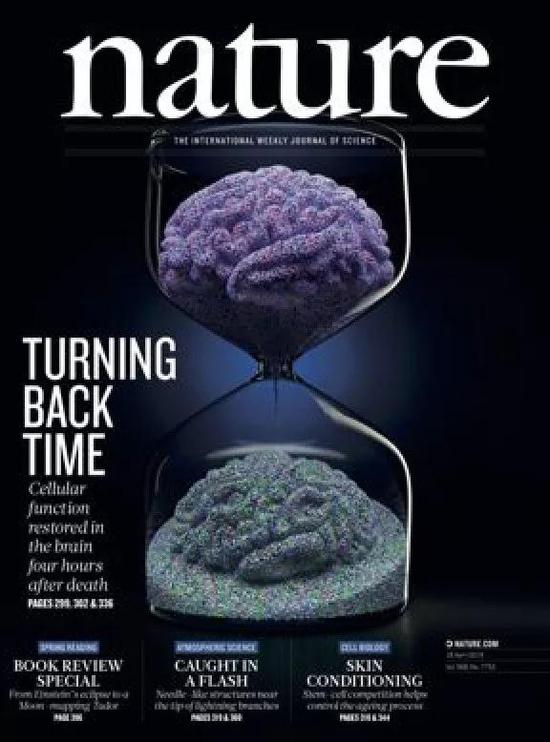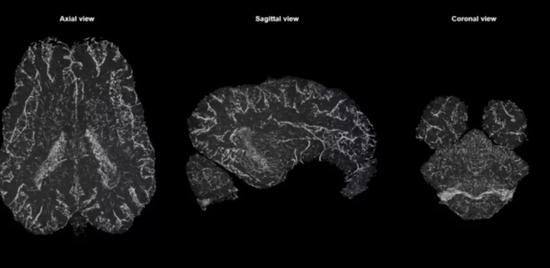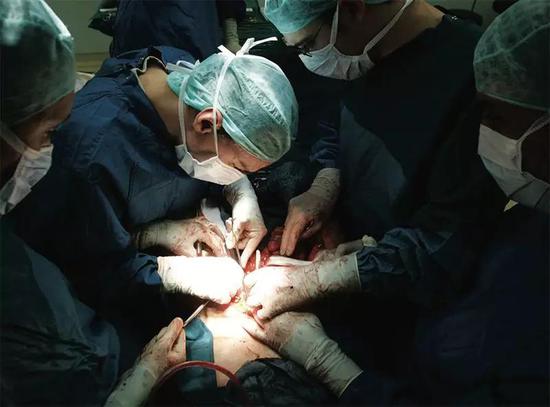This is a study that the biologist Yan Ning called "there is a lot of public concern." On April 17, the British magazine Nature published an attempt by scientists to "resurreate" the dead pig brain: the research team at Yale University School of Medicine in the United States connected the pig brain that had died for several hours to the BrainEX in vitro perfusion system they developed. Perfusion was performed using simulated pulsatile blood flow at normal body temperature. During the 6-hour perfusion period, they found that brain cell death was reduced and even some cellular functions were restored. However, the author of the paper also cautioned that no evidence of full network activity or full brain function was found. In other words, the brain does not restore the so-called consciousness. Many media used the term “resurrection†when reporting this matter. Yan Ning pointed out on Weibo that this is the title party. “Can there be a resurrection without recovering other brain functions related to other advanced brain functions?†"The study does have a relatively large enlightening significance, suggesting that even if it is a dead individual, the brain may regain its vitality." Kang Lijun, a researcher at the Institute of Neuroscience at Zhejiang University, told the Science and Technology Daily on the 18th. However, he believes that the study is still at a very early stage, and even if it can be perfused and examined for some living neurons, it does not indicate that these neurons function properly. "There is still a long way to go from the recovery of brain function." Conley said. In the traditional concept, short-term hypoxia causes neuronal death and irreparable brain damage in mammalian brains. In this study, 32 pig brains recovered some of their cellular functions after a few hours of death. Kang Lijun said that the variety of brain neurons is rich, and it is unclear to what extent the specific types of neurons can be recovered, but he also believes that the conclusion of this study does challenge the idea that irreversible damage will occur in the cranial nerves after stopping blood supply. "For brain disease research, at least technically, it can make it harder to get living brain cells." The topic that is of greater interest to the public is whether the criteria for birth and death need to be redefined. After all, more than 100 countries and regions around the world recognize brain death. Chen Jingyu, a NPC deputy and lung transplant expert, said that in 2017, more than 5,000 patients with heart and brain deaths had organ donations, and at least one-third of them were brain-dead. If brain death is still possible, there is a new question for organ transplantation—whether it is putting medical resources into the repair of brain function, or should we try to get time to get the organ to be used again? "At present, the symbolic significance of this research is greater than the actual meaning, and it will not impact the criteria for brain death." Conley said frankly, if one day, the technology is indeed mature enough to restore the function of the human brain that has died for a while, then of course Re-adjust the standard of death. "Life is precious at the end of the day. It is also a good thing to delay the death of a patient." Kang Lijun said that if further research is needed, it is first necessary to do animal experiments under the premise of following ethical norms. If the animal experiment technology is mature, "I think the human brain experiment is also desirable." He emphasized that the scope of application and the formulation of ethical norms should be issues that the scientific community needs to seriously consider and solve. Expert Reviews This is a big news. The advancement of science and technology will always challenge our existing concepts, and even the boundaries between life and death will become blurred. Research related to life sciences or intelligent sciences, because of its far-reaching impact on human beings, will bring many new ethical issues. These are “open challengesâ€. Although this research is relatively primitive, if the human brain that has died in the future can be restored by similar means, there may be more daring research. Is it possible for a dead brain to restore self-awareness and emotion? Is it possible for the brain to work independently from the body? If you want to experiment on people, what new ethical norms should you follow? The emerging new problems require us to have a more open and scientific attitude towards the ethical issues of science and technology ethics, especially those related to life sciences and intelligent sciences, and to conduct systematic research on them. It is not just a simple application of existing ethical principles, but a specific analysis of specific issues. In these areas, research on science and technology ethics should be part of scientific research.   Duan Weiwen, Director, Center for Science, Technology and Social Studies, Chinese Academy of Social Sciences Source: Technology Daily Yeast Selenium,Selenium Enriched Yeast,Selenium Yeast,Selenium Yeast Powder CANGZHOU HUAYOU IMPORT & EXPORT TRADE CO., LTD. , https://www.huayoutrade.com


Scientists successfully "resurrected" the dead pig brain? Still far from "resurrection"
:2019-04-19
Next Article
Fruit tree spring planting skills
Prev Article
Lazy rice planting time